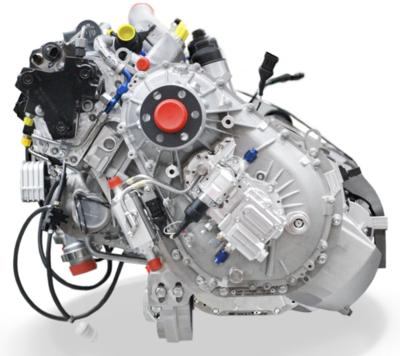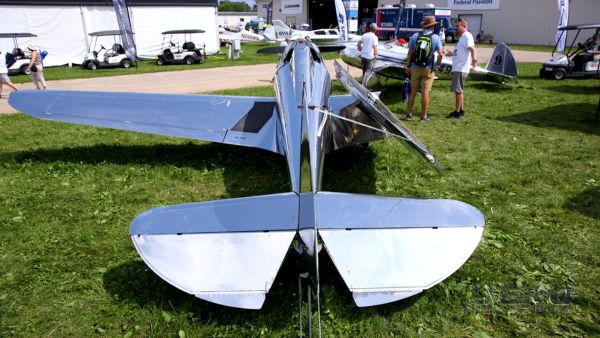Wed, Aug 12, 2020
Advertisement
More News
 ANN's Daily Aero-Term (08.05.25): Landing Area
ANN's Daily Aero-Term (08.05.25): Landing Area
Landing Area Any locality either on land, water, or structures, including airports/heliports and intermediate landing fields, which is used, or intended to be used, for the landing>[...]
 ANN's Daily Aero-Linx (08.05.25)
ANN's Daily Aero-Linx (08.05.25)
Aero Linx: Continental Luscombe Association The Continental Luscombe Association (CLA) is a non-profit organization dedicated to the flying, preservation, and enjoyment of Luscombe>[...]
 Classic Aero-TV: Power On Time -- Mid-Continents MD93 Digital Clock/USB Charger
Classic Aero-TV: Power On Time -- Mid-Continents MD93 Digital Clock/USB Charger
From 2014 (YouTube Edition): Simple Solutions Allow For More Efficient and Versatile Cockpits While at the AEA Southern Regional Convention 2014, ANN CEO and Editor-In-Chief, Jim C>[...]
 NTSB Prelim: Robert Fidler Lancair 320/360
NTSB Prelim: Robert Fidler Lancair 320/360
Shortly After Rotation, The Airplane Began To Roll To The Left, And The Roll Continued... On June 29, 2025, at 10:49 eastern daylight time, an experimental, amateur-built Lancair 3>[...]
 Airborne 08.06.25: H55 Noise Study, OSH26 To Go Vertical, Boeing Strike
Airborne 08.06.25: H55 Noise Study, OSH26 To Go Vertical, Boeing Strike
Also: Sunrise Aviation Sunsets, Former NYPD Aviation Chief Investigated, No AI For Delta?, USAF Taps FL Flt School In early July of this year, H55’s Bristell B23 Energic, dur>[...]
blog comments powered by Disqus




